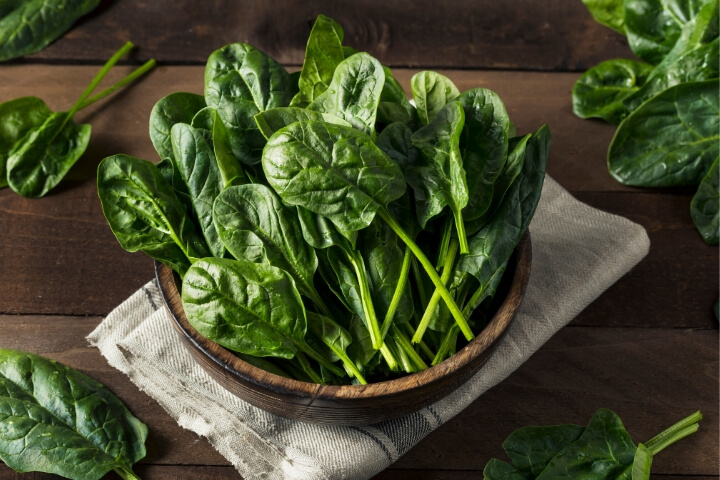Home » What food should I buy organic?

Protected: What food should I buy organic?
-
Many of us want to increase our intake of healthy fruits and vegetables. Eating organic is something that we can aspire to. But if the budget is tight, is it better to buy organic fruit and vegetables?
A quick internet search for the best organic vegetables can usually be traced back to a single organisation, a US think tank, the Environmental Working Group. There have been questions raised in scientific journals about the methodology that they use to decide how safe or otherwise the levels of pesticides, herbicides and fungicides are in the food. They update the top 12 fruit and vegetables ‘the dirty dozen’ on an annual basis.A recent study on the dangers of pesticides in food by The Journal of Toxicology concluded that while there were pesticide residues in many foods, the levels at which the pesticides were found is lower than what is considered dangerous for human consumption.
It has also been shown that organic fruit and vegetables can contain pesticides, albeit at a much lower rate.
Meanwhile, a Stanford 2012 review of research on organic fruits and vegetables said that eating organic fruit and vegetables could result in fewer pesticides, herbicides and antibiotic-resistant bacteria for people.
The bottom line: The Toxicologists say the risk is minimal, eating vegetables and fruit is more important than not eating fruits and vegetables. If you have a choice, go for the organic or pesticide-free.
What to Buy Organic?
Which fruit and vegetables are more beneficial while reducing your exposure to toxins?
As a rule of thumb, vegetables and fruit where the leaves are eaten or have thin, edible skin are more likely to contain residues of the pesticides, herbicides or fungicides used during growing.Here's a list of food which is more important to buy organically:
Leafy Greens – these include spinach, kale and lettuce. The soft leaves can retain the residues of the many pesticides added to these vulnerable crops, especially when grown in glass/ tunnels.
Potatoes – grown below the ground, they are usually sprayed with fungicides and pesticides.
Blueberries – they have been found to contain up to 50 pesticide residues – make sure to wash well!
Baby food – babies can be more susceptible to pesticides, so it is best to limit exposure to pesticides in their food. Choosing organic is taking a great first step towards limiting this.
Peanut butter – peanuts have shells, but the shells are soft and porous. So, peanuts can absorb the pesticides sprayed on the shells. Equally, as peanuts can be prone to mould, whether grown organically or not, non-organic peanuts are often sprayed with fungicides.
Celery – celery stalks are very porous and store pesticide residues easily.
Apples – 99% of apples for sale in the US that were not labelled organic tested in 2015 by the Environmental Working Group contained at least one pesticide residue.
Coffee – the third most sprayed with herbicides, fungicides and pesticides crop in the world. The effects are mostly reduced by roasting, but as coffee is often part of a daily diet, organic could be best.The Fruit and Vegetables that are least important to buy organically
The Environmental Working Group also issued a list of vegetables and fruit with the lowest pesticide residue. This list includes avocados, onions, pineapples, sweetcorn, frozen peas, aubergine, asparagus, mushrooms, cauliflower and broccoli.

